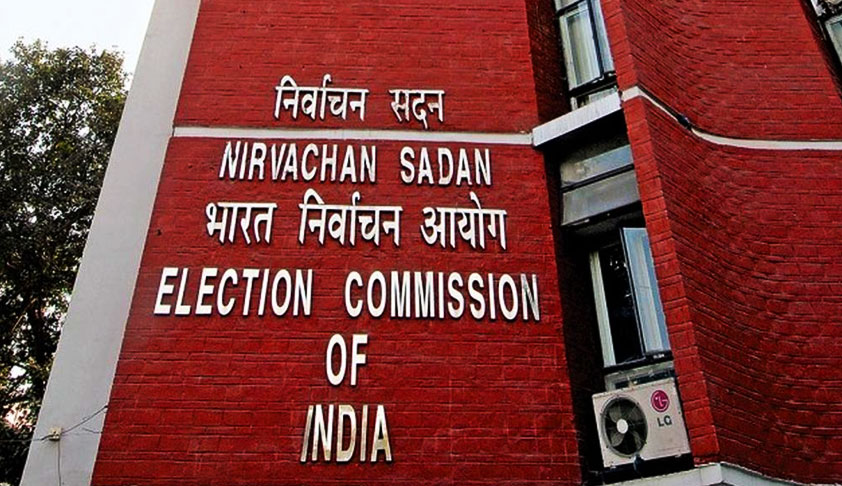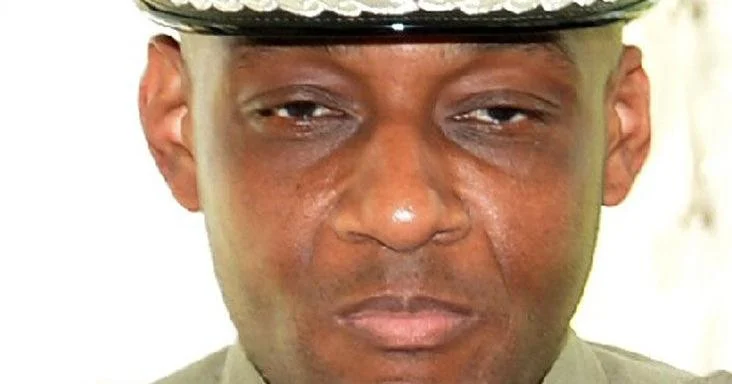Copyright orissapost

The existence of bogus voters in the electoral rolls prepared by the Election Commission of India (ECI) has always been an issue that causes concern, as it vitiates the polling process – the soul of democracy. Added to this vicious circle is the presence of names of the same voter in multiple constituencies with fake addresses. The latest disclosure of the manipulation of the electoral machinery in a pilot project by the Congress in a Karnataka Assembly constituency has exposed the rot that has crept into the Election Commission (ECI) and the electoral system. The ECI has not been convincing enough in its response and denial of the purported malpractice. However, it has undertaken with gusto the task of removing the names of voters who are either dead or figure in more than one constituency. This Special Intensive Revision (SIR) exercise of electoral rolls is supposedly one step further from the practice of revision of electoral rolls being followed from time to time for decades. The first experiment of the SIR in Bihar has been done under clouded circumstances, and many questions about its mechanism and intent still remain unanswered. This is for the simple reason that in the name of SIR the ECI has effectively taken upon itself the task of determining the citizenship of the country’s people, whereas its main remit is to include citizens’ names in the voter list and not to exclude existing ones. Over the years, the ECI has earned accolades for deploying tens of thousands of personnel to physically visit houses throughout the length and breadth of the country to enlist names in the voters’ list. After the Bihar experiment, the ECI announced 27 October the SIR in 12 States and Union Territories. Now a fresh announcement of this exercise, instead of instilling confidence in the people, is giving rise to widespread fear and social tension. This is because the experience in Bihar suggests that the process may end up in the disenfranchisement of a significant number of people. The timeline announced by the ECI is suspect – about a month for enumeration and a month for claims and objections. One significant change from the Bihar model is the formal provision of a “Notice period” for hearing and verification for about 54 days. The hurry is unwarranted given the serious purpose of the special revision, when the bona fide of a citizen may fall by the wayside because of a mechanical and not foolproof process of including names in the electoral rolls. In fact, the approach followed in Bihar produced glaring statistical anomalies in the final roll. The Supreme Court’s intervention has produced some corrective measures, though a key question – Aadhaar as a means for validating names in the voters’ list – has been dealt with in a way that it is neither here nor there. However, by offering this relief to millions of voters whose names are in the existing voters’ list the SC verdict has rather washed its hands of the vexed issue through a clever ploy. While acknowledging the acceptability of Aadhaar, it has ruled that the document can be used only as an address proof and not to establish one’s citizenship. That is not the remit of the Act governing Aadhaar either. This has strengthened the hands of the ECI to demand from the voters one more document to prove their citizenship. This is a grey area that the ECI has entered in a manner that the SIR virtually becomes a National Register of Citizens (NRC) through the backdoor, since the corollary to exclusion of names from the voters’ list would mean one is not a bona fide citizen. To detect who is a bona fide citizen is the mandated task of the Union Home Ministry. But it backtracked from its attempt to enforce NRC following a backlash in Assam. It may be that the SIR is becoming a tool to achieve what the government could not do through the NRC. The ECI’s position as an autonomous constitutional body is, it appears, being misused to force states ruled by non-BJP governments to allow the SIR to be conducted even in the teeth of opposition by irate voters. West Bengal Chief Minister Mamata Banerjee has already issued a grave warning about the social tension that the SIR would cause in the state, while several ruling party leaders have even said there could be blood bath. The Chief Election Commissioner, while rolling out the second phase of the SIR, addressed the issue by merely saying that a constitutional body would cooperate with another constitutional body during the exercise. Such a stance does not answer questions about both the safety and security of the enumerators who would be visiting homes for the SIR and the backlash that the exercise may cause in the state. The ECI is mandated to bring out an error-free voters’ list to the extent possible and not to decide in any way the bona fide of one’s citizenship. Its method should be persuasive and not coercive. While no one can oppose the idea of ECI rejecting Aadhaar since it is a document issued without any method to cross-check veracity, similarly, it has to be remembered that laws are made for the people, not the other way round.



